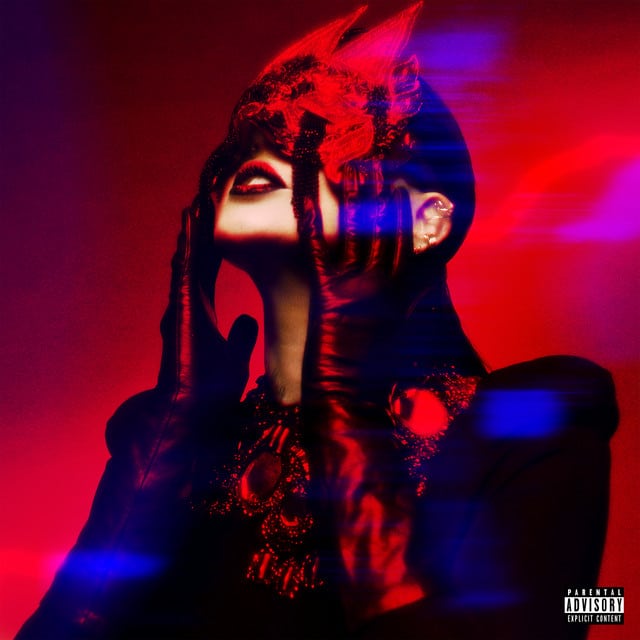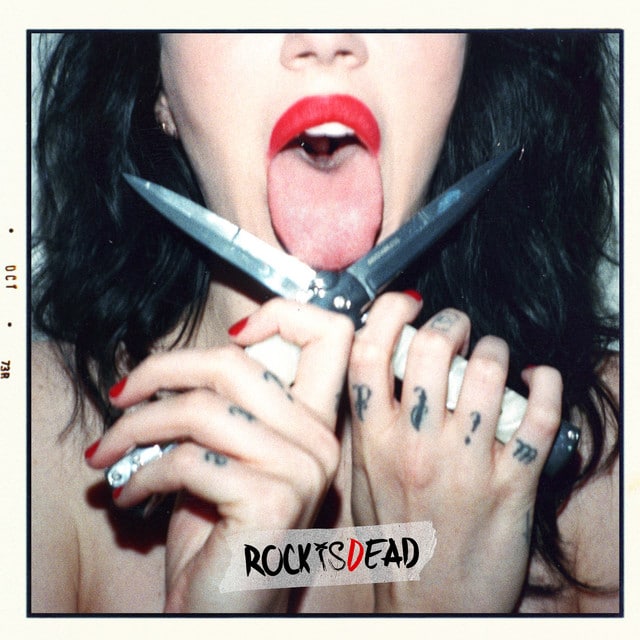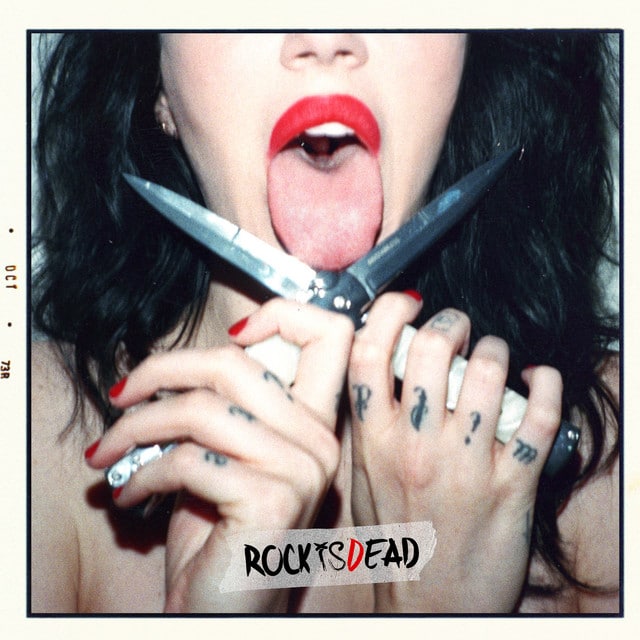Released: 2022
Diving into the heart of “Black Sheep” by Dorothy, we’re met with a gritty anthem celebrating the outliers, the rebels, and the misunderstood souls of society. At its core, this song serves as a rallying cry for those who’ve been labeled as different or deviant, embracing their distinct paths with pride and a sense of unbreakable unity. It’s a toast to the resilience of the spirit, stitched together by fierce loyalty and a shared sense of belonging among those who’ve been cast aside.
The opening lines, “Hail, hail the black sheep / We are blood, we are family,” set the stage for a narrative that challenges societal norms and expectations. Dorothy turns the derogatory term “black sheep”—often used to describe someone who diverges from the family or societal norms—into a badge of honor. In this context, being a black sheep means embodying strength, defiance, and a deep-rooted sense of belonging, not by conforming but by celebrating one’s unique journey and struggles.
As the lyrics unfold, “Call me an outcast, call me a freak / Watch those bullets ricochet straight off of me,” there’s a palpable sense of invincibility amongst those who’ve been marginalized. The imagery of bullets ricocheting off suggests a hard-won resilience, an ability to remain unscathed by the judgments and criticism of others. It’s about thriving where “right is wrong,” breaking free from the constraints of conventional wisdom and societal judgments. Dorothy captures the essence of rebellion, not just as defiance, but as a path to self-realization and autonomy.
Moving deeper into the heart of the song, “Can’t shut me up won’t bite my tongue / Speak my truth till the day is done,” embodies the unyielding courage to stand up for one’s beliefs and experiences, regardless of the backlash. There’s a profound acknowledgment of pain and struggle, but it’s worn as a badge of honor — each scar a testament to battles fought and won. The notion that “the rules I broke helped me build my throne” flips the script on disobedience, framing it not as a path to downfall but as the very foundation upon which personal sovereignty is built.
The chorus, repeated with fervor throughout the track, is a powerful declaration of solidarity and identity among the black sheep of the world. The lines “We are blood, we are family / Pray to the Lord, my soul to keep” evoke a sense of spiritual and emotional kinship that transcends conventional family bonds, suggesting that those who share this outsider status form a family by choice, bound by shared experiences and mutual understanding. The reference to water being thicker than blood, and the deep-running river, symbolizes the profound, sometimes inexplicable connections that bind these individuals together, deeper than traditional familial ties.
The closing verses, “From the streets to the gutters, we’re sisters and brothers / One nation under one love, one color / Born to be black sheep,” expand the song’s scope from personal declaration to a universal anthem. It transcends individual experiences, uniting all who identify with the black sheep moniker under a banner of communal love and acceptance. It’s a clarion call for unity and understanding among those who’ve felt the sting of exclusion, urging them to embrace their differences as a source of strength and identity.
In essence, “Black Sheep” by Dorothy is a rock powerhouse that delivers a potent mix of defiance, empowerment, and unity. It’s not just a song; it’s a manifesto for anyone who’s ever felt out of place, offering them a sonic sanctuary and a reminder that in the vast family of black sheep, no one stands alone.






